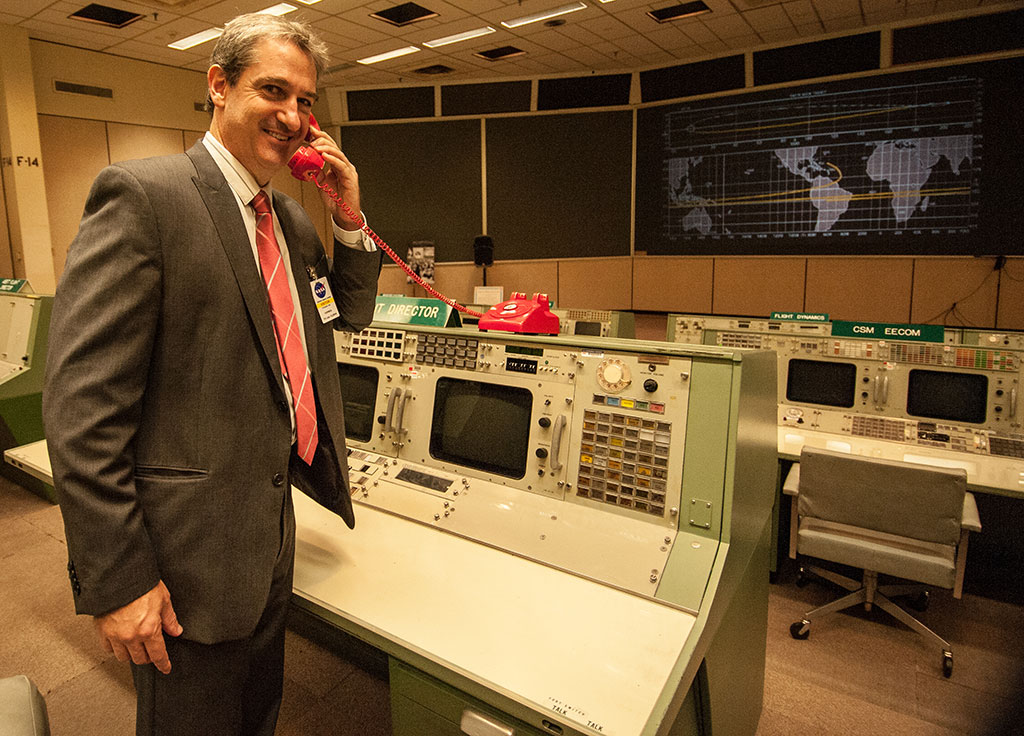
HNu Photonics is reinforcing its growing reputation as a leading high technology company in Hawaii. Recently, the Maui-based company was selected by the Biotech International Organization for its “Buzz of BIO” Award for “Technologies of Tomorrow.” HNu received 1,921 online votes en route to winning the award for its cutting-edge technology designed for use aboard the International Space Station, according to Dan O’Connell, the CEO of HNu Photonics. O’Connell said the “Buzz of BIO” award is a testament to the tremendous support his company receives from Maui’s business and technology community.
“This award is a demonstration of Hawaii’s commitment to community and partnership,” he said. “This award is a win for all of us, and we hope to bring attention to Hawaii.”
In 2013, the HNu-nanoPOINT Division exhibited its patented microfluidic system in the state-supported Hawaii Pavilion at the BIO conference in Chicago. Executives from the
Center for Advancement of Science in Space “were overwhelmed by the capabilities of our technology and discussions ensued,” he said. “CASIS is NASA’s sole manager of the
International Space Station U.S. National Laboratory. The mission of CASIS is to maximize use of this unparalleled platform for innovation, which can benefit all humankind
and inspire a new generation to look to the stars.”
HNu-nanoPOINT was eventually selected to deliver two fully space-ready microfluidic systems to NASA – one for deployment aboard the International Space Station and the
other for astronaut training, he said. Designed with stem-cell studies in mind, the microfluidics system is “a multipurpose in-vivo platform, where cell maintenance and
reagent delivery are automated and cells imaged with varying time-course options viewed remotely through a wireless connection at the researchers’ convenience.” Calling
it a “laboratory-on-a-chip platform,” O’Connell said it “incorporates the size and durability characteristics that make it ideal for space-based deployments such as
onboard the International Space Station. Its miniaturized and automated sub-components … are uniquely designed for space-based applications and are capable of many
other biological analyses in microgravity conditions in addition to stem cell research.” HNu has a long-standing relationship with MEDB, covering a broad spectrum of
entrepreneurial ventures and renewable energy projects. Most recently, Hnu is responsible for the design and installation of another photovoltaic system at MEDB’s center.
See original article